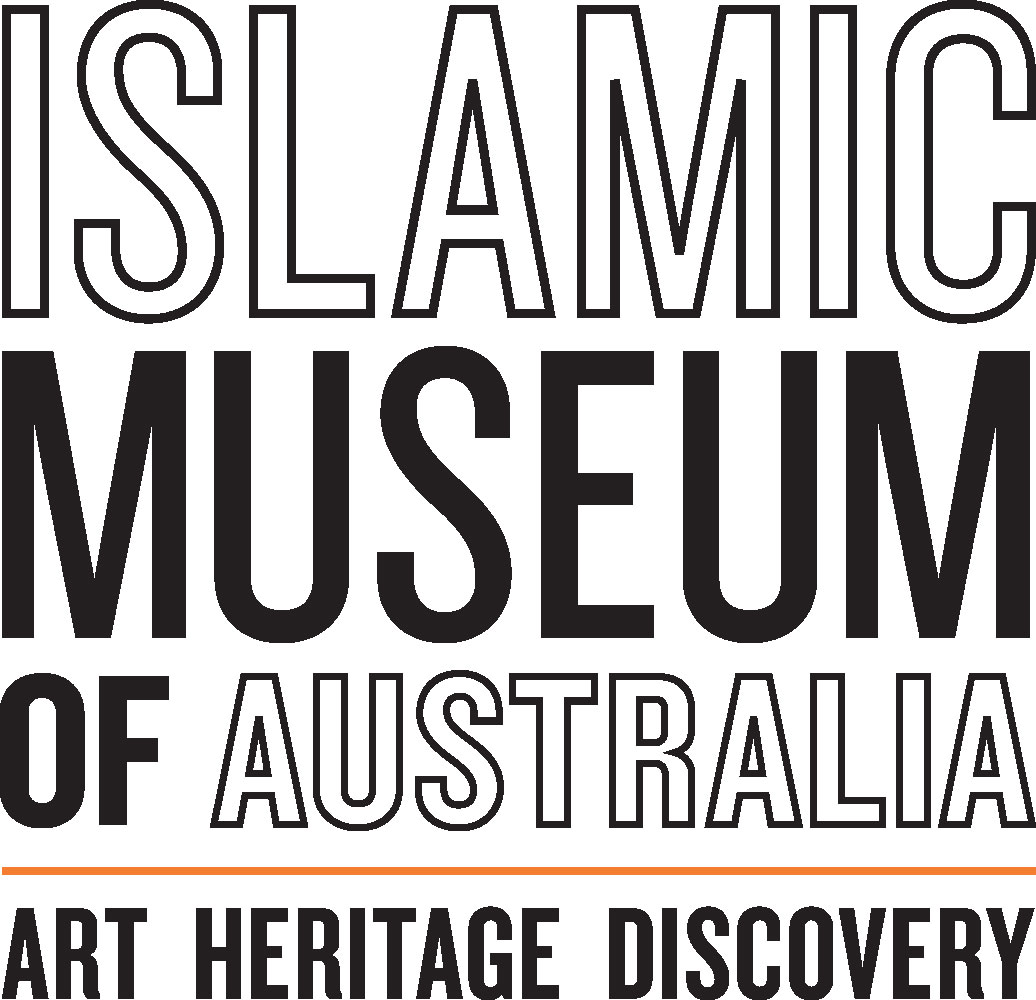Alice Zaslavsky shares how she celebrates cultural diversity with her family and friends during the holiday season.
Q: Which holidays are culturally significant for you? Can you describe how they are celebrated?
My cultural background is slightly more diverse than one lineage – I’m Russian, Georgian and Jewish from the Soviet Union and my husband, Nick, has an Anglo-Australian background.
That’s what Australia is all about.
Our holiday season begins with Hanukah which is the Jewish festival of lights. We celebrate the festival by lighting candles and sharing a feast with plenty of oily foods like donuts.
We also celebrate Christmas with my husband’s family, where we serve dishes like pavlova and prawns on the barbie – the stuff you’d expect at an Aussie christmas. We like to add contemporary side dishes with recipes from Yotam Ottolenghi, Hetty McKinnon, Matt Wilkinson and Simon Bryant. These chefs are doing fantastic things with vegetables, so we love to cook their recipies, not only do they taste good, but all the colours look beautiful. They really brighten up our Christmas table.
On New Year’s Eve we celebrate Russian New Year with my family. It’s quite similar to Christmas in that there is a tree, and Father Frost, but it’s a cultural tradition rather than a religious one.
I think everyone finds some way to celebrate at this time of year, no matter what religious or cultural background, we’re all just looking for opportunities to connect and feast.
Q: How has Australia’s culturally diverse community influenced the way you celebrate the holidays?
Growing up in the Soviet Union I never could have imagined that I’d be spending my holiday season looking out onto the hills of South Gippsland, Australia, chomping down on Pav!
I have friends from so many cultural backgrounds, and I love to join them for their various cultural celebrations throughout the year. Everybody’s got a standout dish that they’re keen to share, and every year it seems to taste better.
Q: When you are developing content for your children’s education program Phenomenom, how do you use food to embrace cultural diversity and inclusion?
Phenomenom focuses on learning about vegetables grown and enjoyed by many different cultures. We also focus on native vegetables, learning about ingredients like youlk which is an Australian native tuber that has been around for thousands of years. The same goes for ingredients like Warrigal Greens and Native River Mint – things that are endemic to Australia only, and I think will make Aussie kids of every background feel proud of where they live and want to learn more about their own backgrounds. All of the resources are free, you can access them via the Phenomenom website.
Q: Which three ingredients always feature on your holiday menu?
For Russian New Year, we serve a combination of Russian and Georgian food. In Georgian dishes, there’s a lot of garlic, walnuts, eggplant and coriander with meat skewers, called ‘shashlik’. Dad gets out the big charcoal barbeque out, and we cook the meat over the coals – the smell of the sizzling meat on the coals is very evocative of this time of year for me.
Q: Do you have a dish that’s always on your holiday table?
Khachapuri, which is the Georgian cheese pie, my mum’s specialty. Her cheese pie is delicious! I have a few versions that I make myself, but I like to let Mum do it because she loves making it. My tip is to go out and buy some good quality puff pastry (look for “butter” in the ingredients list), fill it with a combination of mozzarella, feta and cottage cheese and you will absolutely be thrilled with the results!
Q: What holiday tradition is most important to you?
My grandma passed away this time last year, and the tradition of lighting the candles for Hanukah reminds me of her. I think that’s part of the reason we have these rituals in the holidays, to remember the people that we have lost and celebrate with the ones still around. It’s important to encourage our next generation to connect with those rituals as well, to keep the thread going.







